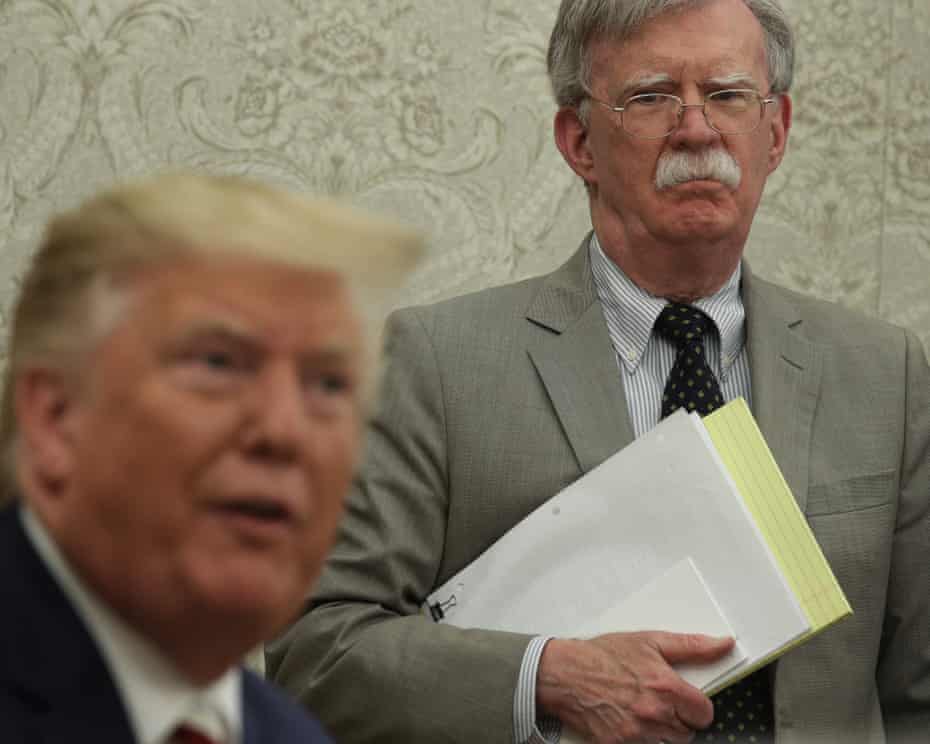Washington, D.C. – Former National Security Adviser John Bolton is expected to surrender to federal authorities this Friday after being formally indicted in a case that has captured national attention. The indictment, stemming from allegations of mishandling classified information, is among the most high-profile legal actions involving a former top U.S. official in recent decades.
Bolton, who served as National Security Adviser during the Trump administration, has long been a prominent figure in U.S. foreign policy circles. Known for his hawkish stance on international affairs, his legal troubles have ignited debate over the limits of executive privilege and the responsibilities of former government officials handling sensitive national security information.
According to sources familiar with the matter, Bolton is scheduled to appear at a federal courthouse in Washington, D.C., where he will formally respond to the charges. While the Justice Department has declined to comment on specifics due to the ongoing investigation, officials have emphasized the seriousness of the allegations.
Legal analysts say the case raises complex questions about how former officials manage classified information after leaving public office. “This isn’t just about one individual; it’s about the broader system of accountability in handling national secrets,” said a former federal prosecutor who spoke on condition of anonymity. “It could set a precedent for how the government approaches similar cases in the future.”
Bolton’s legal team has indicated that they intend to vigorously challenge the indictment, highlighting the importance of due process and asserting that Bolton’s actions were within the bounds of the law. The defense argues that the case may test the boundaries of executive privilege—a legal principle that allows senior officials to withhold certain information to protect governmental decision-making processes.
The political implications are equally significant. Bolton has been a controversial figure in American politics, known for his outspoken criticism of various administrations and for advocating assertive U.S. policies abroad. His indictment comes at a time when midterm elections and foreign policy debates are at the forefront of national discourse. Analysts suggest the case could influence public opinion and shape discussions on government transparency, accountability, and national security.
Observers also note that the indictment could have ripple effects across the political spectrum, prompting lawmakers to reconsider the mechanisms for overseeing former officials and handling classified information. Congressional hearings and committee investigations may follow, depending on how the case unfolds.
As Bolton prepares to turn himself in, the nation watches closely. The outcome of this case may not only determine Bolton’s legal future but also set benchmarks for how the U.S. government balances national security with legal accountability in a highly politicized environment.

